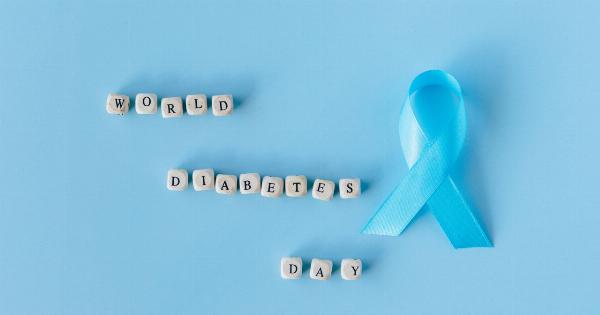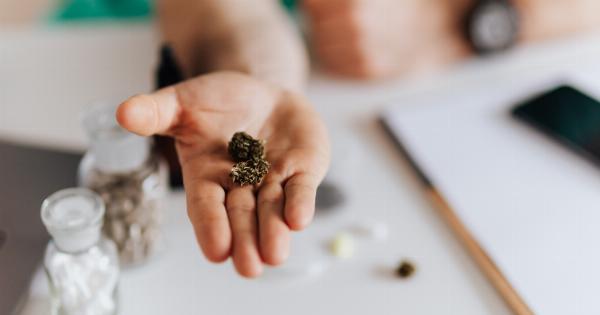Urinary tract infections (UTIs) are a common medical condition that affect millions of people each year.
While UTIs are a relatively minor health issue, they can cause significant discomfort and pain, and in some cases can lead to more serious health problems if left untreated.
What are Urinary Infections?
Urinary tract infections occur when bacteria enter the urinary system, which includes the kidneys, bladder, and urethra.
While both men and women can develop UTIs, women are more likely to be affected due to their shorter urethras, which allow bacteria to enter the bladder more easily. UTIs can also be caused by a range of factors, including poor hygiene, sexual activity, and certain medical conditions.
What are the Symptoms of Urinary Infections?
The symptoms of a UTI can vary depending on where the infection is located in the urinary system. The most common symptoms of a UTI include:.
- Pain or burning during urination
- Urinating more frequently than usual
- Feeling an urgent need to urinate
- Cloudy or foul-smelling urine
- Pain or discomfort in the lower abdomen or back
- Fever or chills (in more severe cases)
When to Seek Medical Attention for Urinary Infections?
Most UTIs can be treated with antibiotics, and in many cases, symptoms will begin to improve within a day or two of starting treatment. However, there are some situations where it is important to seek medical attention for a UTI, including:.
- If you are pregnant
- If you have a history of UTIs
- If you experience severe pain or discomfort
- If you have a fever above 101 degrees Fahrenheit
- If your symptoms do not improve within 24-48 hours of starting treatment
- If you have blood in your urine
- If you have back pain or pain in your side, which may indicate a kidney infection
- If you are experiencing dehydration or have other underlying medical conditions
How Are Urinary Infections Treated?
The most common treatment for UTIs is antibiotics, which work to kill the bacteria that are causing the infection. In most cases, antibiotics will start to work within a few days of starting treatment, and symptoms will begin to improve.
However, it is important to finish the entire course of antibiotics, even if you begin to feel better.
In addition to antibiotics, there are a few other steps you can take to help manage the symptoms of a UTI, including:.
- Drinking plenty of water
- Taking over-the-counter pain relievers
- Avoiding spicy or acidic foods that may irritate the bladder
- Avoiding caffeine and alcohol, which can irritate the bladder and make symptoms worse
How to Prevent Urinary Infections?
While UTIs are a common condition, there are steps you can take to help prevent them from occurring in the first place. Some things you can do to help prevent UTIs include:.
- Drinking plenty of water to help flush bacteria out of the urinary system
- Wiping from front to back after using the bathroom to prevent bacteria from entering the urethra
- Urinating after sexual activity to flush bacteria out of the bladder
- Avoiding douching and using scented feminine hygiene products, which can irritate the urethra and increase the risk of developing a UTI
- Wearing loose-fitting clothing and cotton underwear to allow the skin to breathe and reduce the risk of bacteria buildup
Conclusion
Urinary tract infections are a common and uncomfortable condition that can cause significant pain and discomfort.
While many UTIs can be treated with antibiotics and self-care measures, it is important to seek medical attention if you are experiencing severe symptoms or if your symptoms do not improve within a few days of starting treatment. By taking steps to prevent UTIs, such as staying hydrated and practicing good hygiene, you can reduce your risk of developing this common health problem.






























